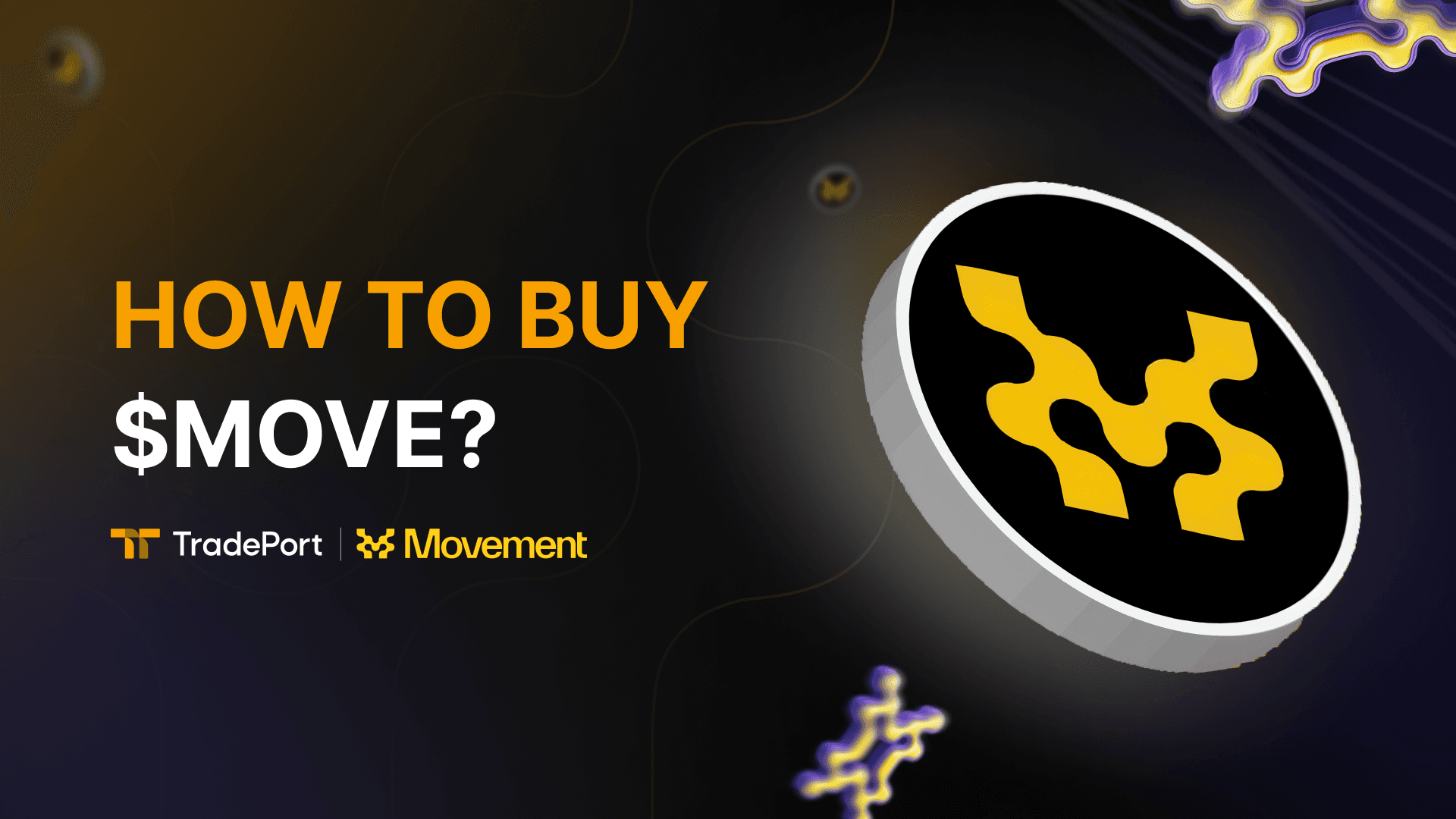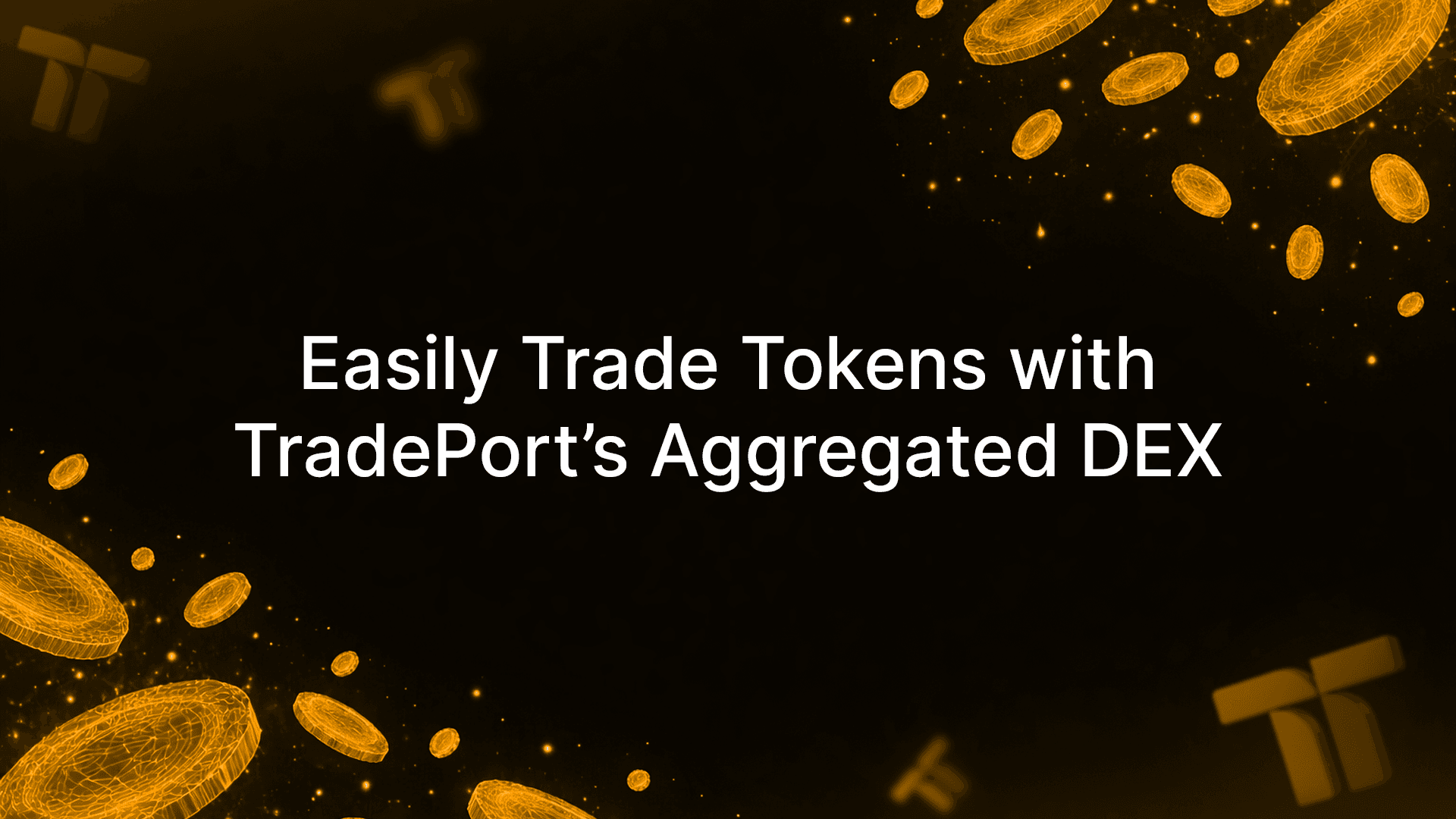
The world of Non-Fungible Tokens (NFTs) is incredibly exciting and dynamic, but it can also be overwhelming, especially for developers as they're just starting out. With millions of NFTs across different marketplaces and different chains, building applications interacting with NFTs can be a daunting task. However, there are NFT indexers emerging that make it easier for developers to make sense of NFT data and use it in their applications.
What Are NFT Indexers?
NFT indexers track and transform raw transactions involving NFTs into easily accessible data on the state and history of those NFTs. These indexers offer a comprehensive overview of various NFTs, providing detailed information such as their price history, rarity, and ownership records. Additionally, some indexers like Indexer.xyz not only surface historical data about NFTs but also their current state, such as whether they are listed in a certain marketplace or if they are staked in a particular staking contract.
Popular NFT indexers include the Moralis, Indexer.xyz, nxyz, and Reservoir. Each of these platforms approaches indexing and how they surface the data slightly differently. They also cover different ecosystems. Moralis, Reservoir, and nxyz are primarily on EVM-compatible chains, while Indexer.xyz is currently on non-EVM but is moving to EVM chains as well.
How to Use NFT Indexers Effectively
Understanding how to utilize NFT indexers effectively can greatly enhance a developer's productivity and the overall efficiency of their applications. Here are some key strategies:
- Leverage the API: Most NFT indexers offer APIs that developers can integrate into their applications. These APIs allow for programmatically fetching data, thereby automating the process of retrieving and updating NFT information.
- Understand the Schema: NFT indexers typically provide a data schema that details how the indexed data is structured. Familiarizing yourself with this schema will help you navigate and make sense of the data more effectively.
- Stay Updated: The world of NFTs is ever-evolving, and so are the indexers. Keeping abreast of updates from the indexers you use will ensure you are making the most of their offerings. This could include new features, additional supported chains, or changes to the data schema.
Conclusion
In the NFT space, NFT indexers are proving to be invaluable tools for developers. By abstracting away the complexity of blockchain transactions, they enable developers to easily interact with NFT data, thereby accelerating the development process and enabling the creation of more robust and versatile applications.
Whether you're developing a marketplace, a gallery, or an NFT-based game, utilizing an NFT indexer like Indexer.xyz, Moralis, nxyz, or Reservoir can dramatically simplify your development process and open up new possibilities for your application. As the NFT market continues to grow and evolve, the role of NFT indexers is set to become even more pivotal, shaping the way developers interact with and utilize this innovative form of digital asset.



